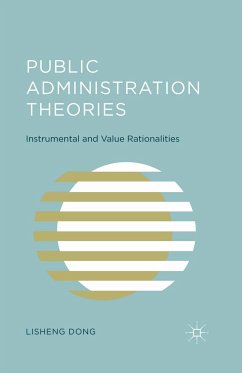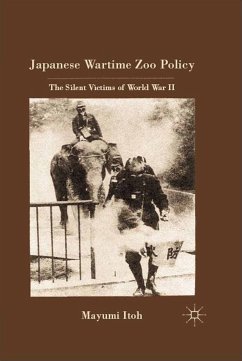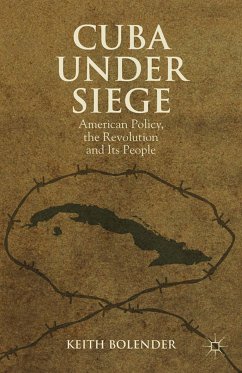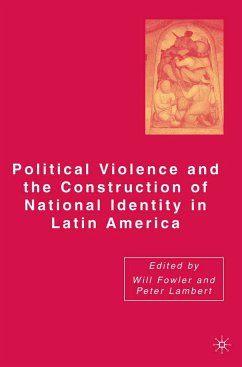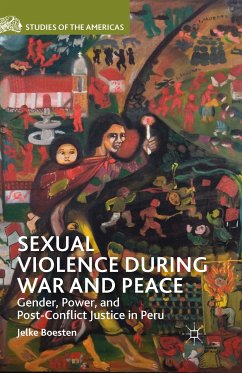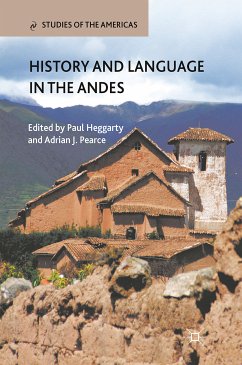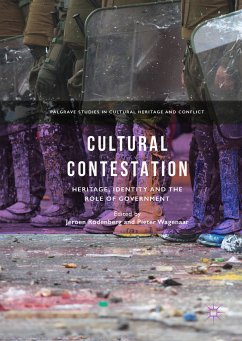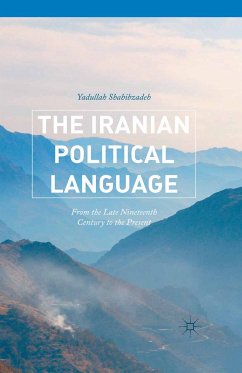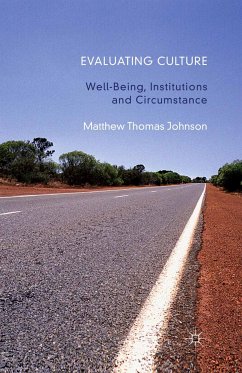
Evaluating Culture (eBook, PDF)
Well-Being, Institutions and Circumstance
Versandkostenfrei!
Sofort per Download lieferbar
40,95 €
inkl. MwSt.
Weitere Ausgaben:

PAYBACK Punkte
20 °P sammeln!
From which evaluative base should we develop policies designed to promote wellbeing among different cultural groups in varying circumstances? This book engages with needs and capabilities to advance normative functionalist assessment of the success with which cultural institutions promote eudaemonic wellbeing in given, determinate circumstances.
Dieser Download kann aus rechtlichen Gründen nur mit Rechnungsadresse in A, B, BG, CY, CZ, D, DK, EW, E, FIN, F, GR, HR, H, IRL, I, LT, L, LR, M, NL, PL, P, R, S, SLO, SK ausgeliefert werden.



